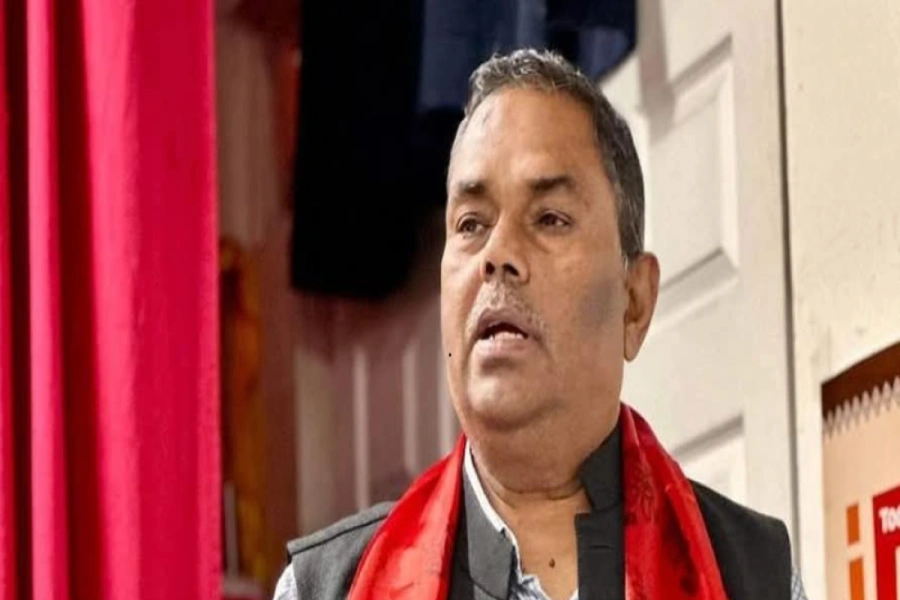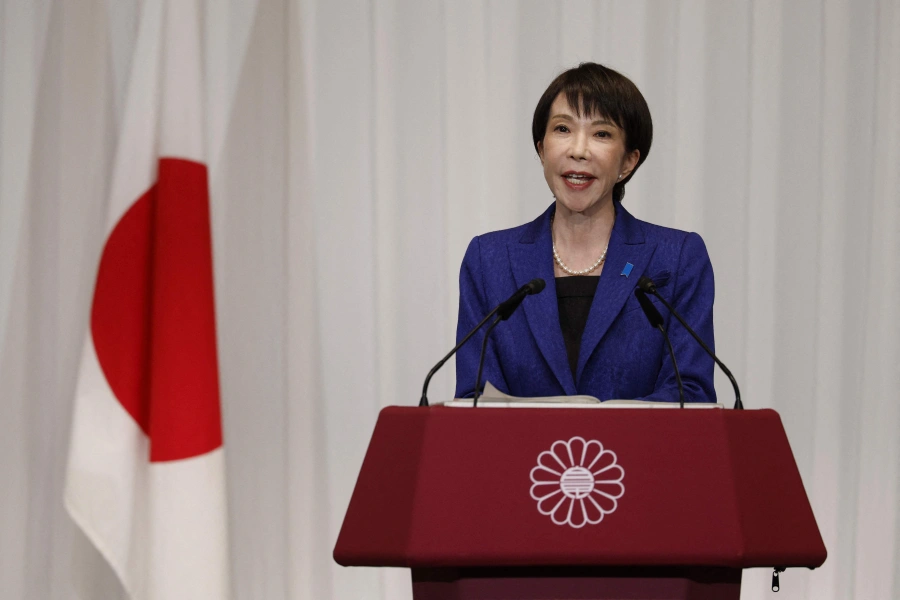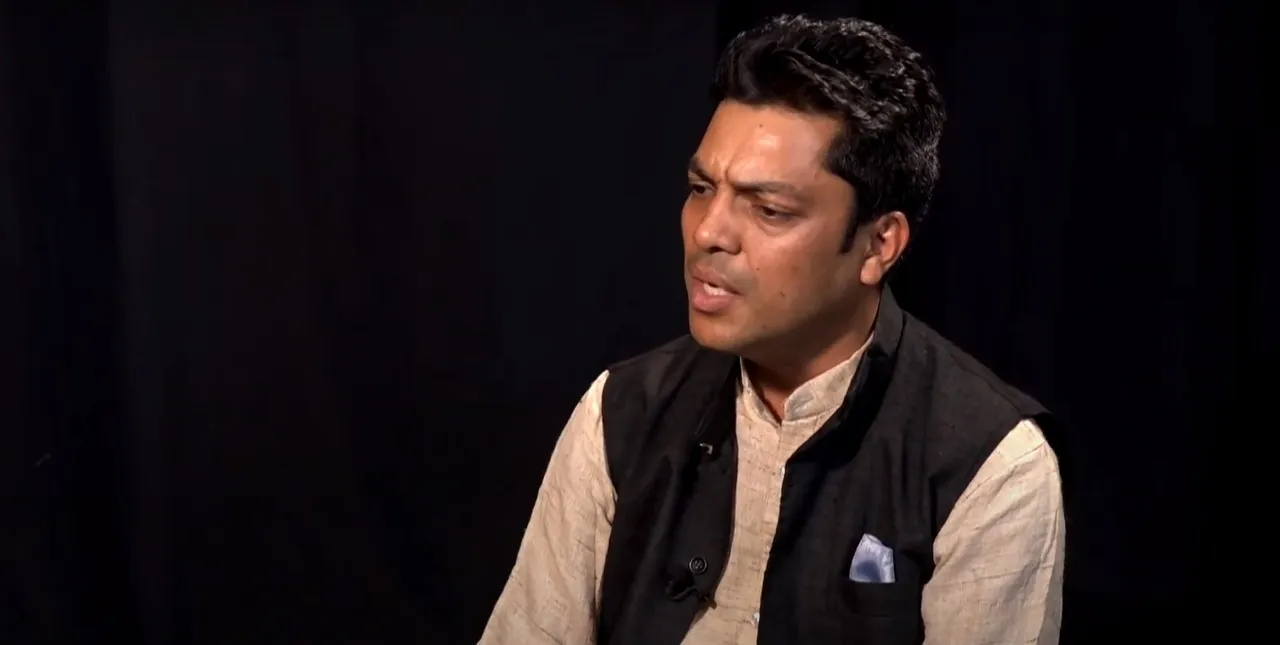Two recent stories about two common citizens can help us rethink about the meaning of real leadership.
Recently, a new TED event was organized in Kathmandu.
After a long break due to the pandemic, the organizers of an independently-run TED show were able to pull off an interesting list of speakers.
All of them were impressive - bankers, financiers, designers and social activists - each with a story that was worthy of being listened to.
For those not familiar with TED, we are talking about a global not for profit based in the USA that, starting in 1984, has become one of the most important platforms to share ideas and initiate new conversations about any type of issues of contemporary relevance.
There are different formats, including the one followed in Kathmandu - the TEDx that allows grassroots, independently-run localized initiatives that mirrors the global TED organized events.
The main purpose of such initiatives is to create new knowledge, inspiration and motivation among the spectators that learn and gain new insights from the talks.
I have often myself used TED talks during the training for our volunteers because you can really learn a lot while also improving your English language skills.
Yet I am wondering if the focus on highly successful individuals being selected as speakers, itself the main attraction of TED events, can, at the same time, unintentionally, be a hindrance, a limitation itself.
Two stories recently run by a newspaper made me think about this. The first one is about Kailash Shah, a 73 year old man who for many years volunteers at Patan Hospital.
He is a sort of enabler and facilitator, “one stop” customer service support for the thousands of patients visiting the hospital every single day.
Diverse dimensions unveiled: TEDx Maitighar inspires with power...

Shah provides them with indispensable information, helping them find the way to different rooms and he is also very helpful in helping manage the queues that every single day are formed by patients waiting to pay for their tickets or while waiting for their turn to see a doctor or undertake an exam.
The good thing is that, the article explains, the hospital mobilizes several volunteers like Shah but he is an outlier in terms of the time and effort he puts in his duties.
His dedication comes from a personal tragedy, the loss of his wife Leela in 2015. Since then, Shah retired as an auto mechanic and he is fully dedicated to ensure patients can have the best experience possible at Patan Hospital.
The other story is about Roshan Basnet, a 63 years old tea shop owner also in Patan in the vicinity of Lalitpur Metropolitan City.
For Basnet, serving local tea and making his clients happy is a life mission.
According to the article, he puts a lot of dedication in it and, at the end of the day, he gets full satisfaction from what he does every single day.
Preparing the best possible team and ensuring the best experience possible for his patrons is a life mission for him and there is no sophistication or any “special” environment that makes him so popular among the locals.
When not occupied by serving his patrons, Basnet occupies himself by selflessly taking care of the nearby Mahadeva temple.
He cleans it, he decorates it and makes sure that the holy shrine remains as splendid as possible.
These two stories are two great examples of journalism and we should thank both their authors, Anup Ojha for the story of Shah and Shranup Tandukar for the one on Basnet.
I am wondering why society does not highlight such types of dedication and service and here we go back to the recently held TEDx event.
TED events reflect and mirror a conception of success that is too bended towards outstanding and very visible achievements.
Amplified by the use of social media, society tends to exalt and elevate a few citizens, those who could be defined as powerful, savvy, innovative and wise, all at the same time.
Do not get me wrong: mine is not a criticism toward those who appeared at Kathmandu TEDx event, not at all.
If they were selected, undoubtedly, they deserved to be there because they can be truly considered as the benchmarks that can inspire millions of Nepal citizens to push themselves toward excellence.
What mine instead is an invitation to rethink the classic success “mantra” that has become so pervasive in Nepal and anywhere else.
Why do not we celebrate common heroes like Shah and Basnet and the thousands more individuals, especially women, who always prioritize service and dedication over other considerations and other priorities?
We are not doing enough to celebrate these active and committed citizens, who, with a lot of humility and unassuming behaviors, make our life better and contribute to a greater common good as much as those who end up being too often glorified.
Out there are so many individuals who make, day in and day out, a real difference.
They push themselves, they always hold themselves accountable first to themselves and then to others and they achieve their own personal greatness no matter how “small” their work might look like and no matter how less they are valued and appreciated by the rest of society.
For me these are the underdogs and they should all become case studies on leadership, accountability and active citizenship.
Let’s learn and be inspired from the big “shots” but also let’s also make an effort to acknowledge the role of citizens like Shah and Basnet.
The closing of the article about Basnet couldn’t clarify any better what I am trying to convey with this piece.
“Sometimes, I feel that maybe I was sent by God to only make tea in life but life is not about material things, and it took me a long time to grasp this concept. With my small shop and my honest living, I am satisfied with life.”
These words by Basnet should allow all of us, especially the younger generations, to rethink and reflect.
Maybe the next TEDx event would also include some “underdogs” like Basnet and Shah.
For sure, the show would be more diverse and more transformational.
And let’s never forget, these two gentlemen exemplified what true leadership is made of: it is not what you see or what others think of you but what and how you act, day in and day out.
(Galimberti is the Co-Founder of ENGAGE, an NGO partnering with youths living with disabilities. Opinions expressed are personal.)





































